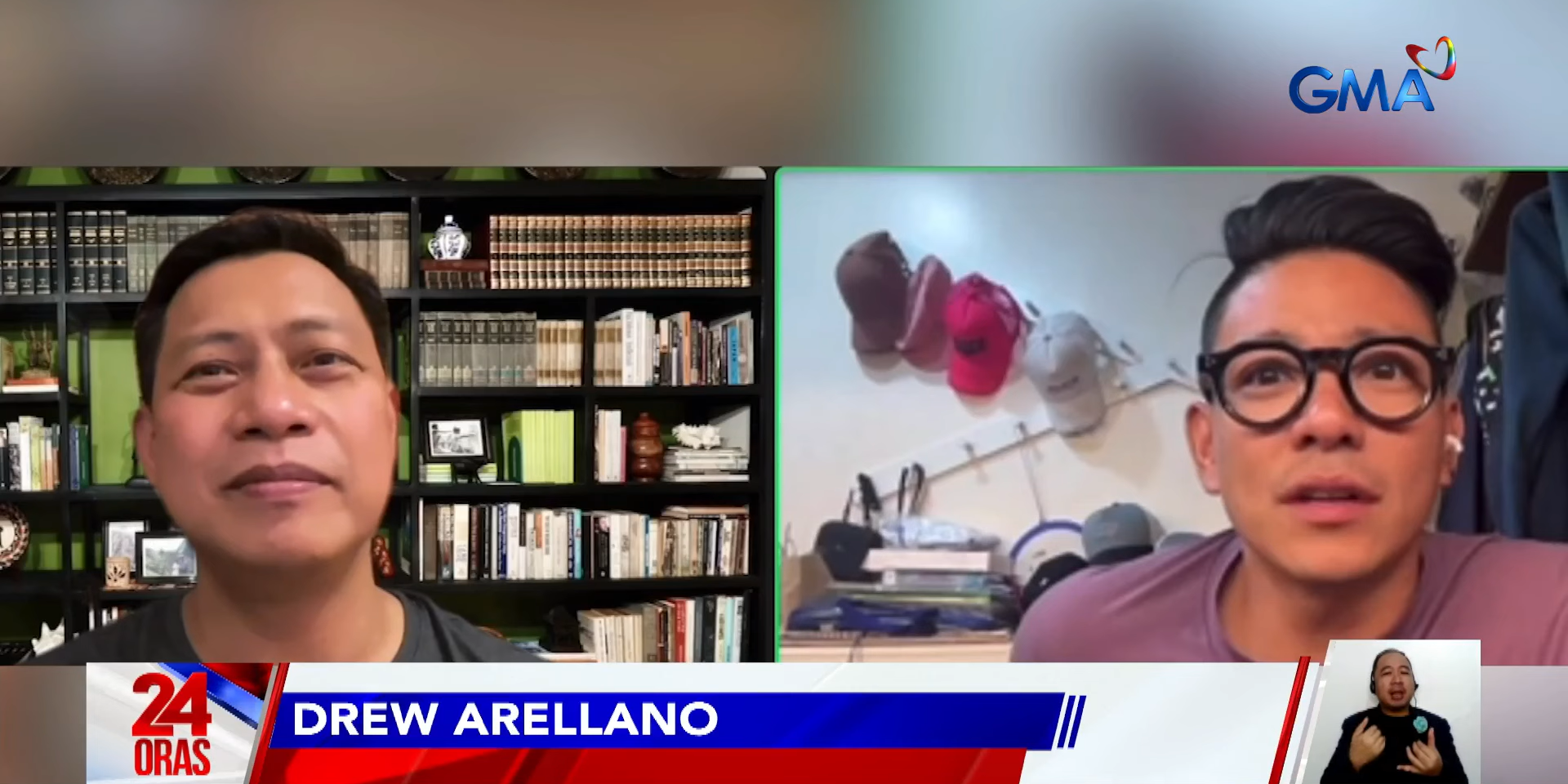
Upgrade to High-Speed Internet for only ₱1499/month!
Enjoy up to 100 Mbps fiber broadband, perfect for browsing, streaming, and gaming.
Visit Suniway.ph to learn
Published March 5, 2025 5:55pm
The vape industry is attracting more young people than the education system, a pediatric pulmonologist stressed at a press conference on Wednesday.
In a recent press conference, Dr. Corry Avanceña of the Philippine Academy of Pediatric Pulmonologists underscored the alarming rise in youth vaping, citing a stark comparison between adolescents who start using vapes and those who pursue alternative education under the Department of Education's (DepEd) Alternative Learning System (ALS).
“Nakakagulat—mas marami ang nagsisimula mag-vape kaysa sa nag-e-enroll sa DepEd’s Alternative Learning System,” she said.
(Surprising—there are more young people starting vaping than enrolling in DepEd’s Alternative Learning System.)
"This means that the vape industry is attracting more young people than our education system, and we must invest in our children's future."
She cited that the 2019, Global Youth Tobacco Survey (GYTS) showed that one out of 7 students aged 13-15 years old was already using e-cigarettes—an age group younger than what is allowed by existing laws.
Also, data analyzed by the Sin Tax Coalition from the Food and Nutrition Research Institute (DOST-FNRI) revealed that in 2021, around 37,513 Filipino youth used vapes. By 2023, this number surged to 423,185—an 1100% increase.
"Nakakabahala po ito," she said.
(This is worrying.)
Meanwhile, for the school year 2024-2025, DepEd reported that at least 260,589 students were enrolled in the ALS program. The disparity between these figures raises concerns about how vaping is becoming more accessible and appealing to young Filipinos compared to educational opportunities.
Call to action
Avanceña also highlighted the health risks associated with vaping, citing cases of EVALI (E-cigarette or Vaping Product Use-Associated Lung Injury) in the country. The first documented case in the Philippines involved a 16-year-old in Cebu, while last year, a 22-year-old died from EVALI. The victim had no history of smoking or COVID-19, confirming vaping as the cause.
“Hihintayin pa ba natin na dumami ang ganitong kaso? Kaming mga doktor, gumagamot, pero mas gusto namin ang prevention,” Avanceña said. “Education is key, but large-scale action through strict policies is necessary.”
(Are we going to wait for cases like these to increase? We doctors cure, but we prefer prevention.)
She called for stronger regulations on vape products, emphasizing that youth are price-sensitive. Higher prices and stricter enforcement of vaping laws could deter young people from picking up the habit.
Health advocates continue to push for policies that protect young Filipinos from the dangers of vaping. They urge the government to enforce existing tobacco and vape control laws and implement stricter regulations on sales and advertising, particularly targeting minors.
"The youth are our future, and their health should be a top priority. We need stronger laws and proactive measures to prevent an even bigger vaping epidemic," she added.
Avanceña was among the resource speakers during the press conference on alcohol, tobacco, and vape epidemic among Filipino youth held at the Philippine Medical Association in Quezon City, hosted by Sin Tax Coalition. Also among the speakers were Dr. Hector Santos, President of the Philippine Medical Association (PMA); AJ Montesa, economist, Sin Tax Coalition; Dr. Riz Gonzales, Philippine Pediatric Society (PPS); Rebie Relator, Parents Against Vape; and Dr. RJ Naguit, Philippine Society of Public Health Physicians (PSPHP). — BM, GMA Integrated News

 1 month ago
11
1 month ago
11



